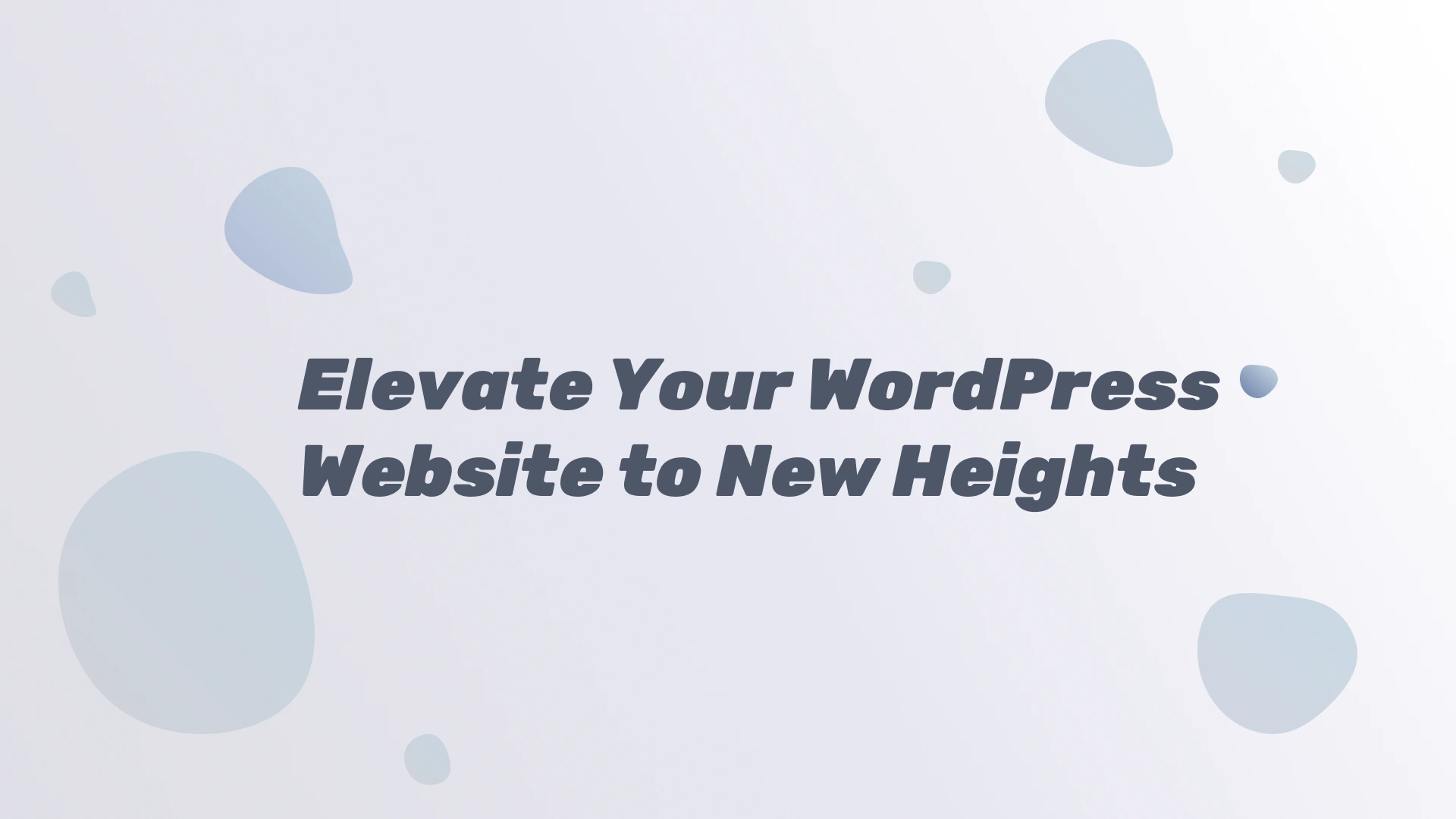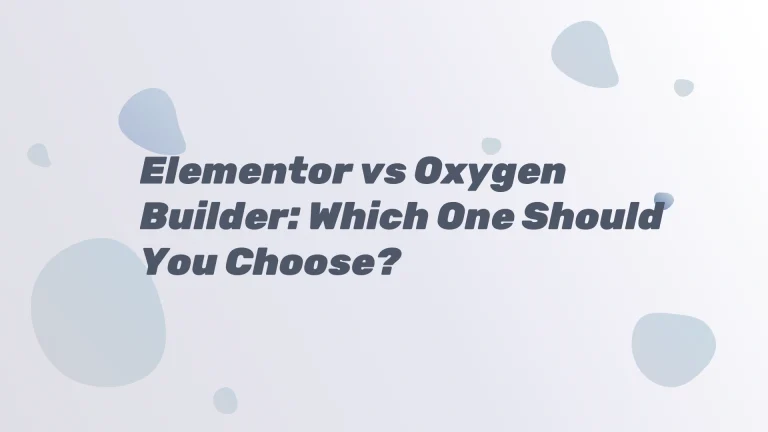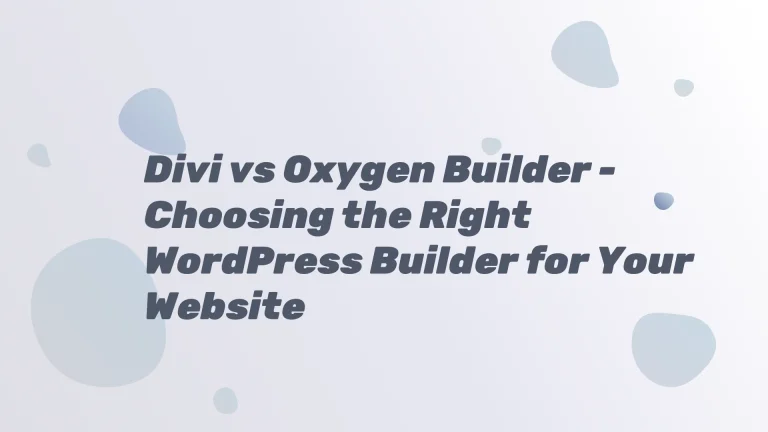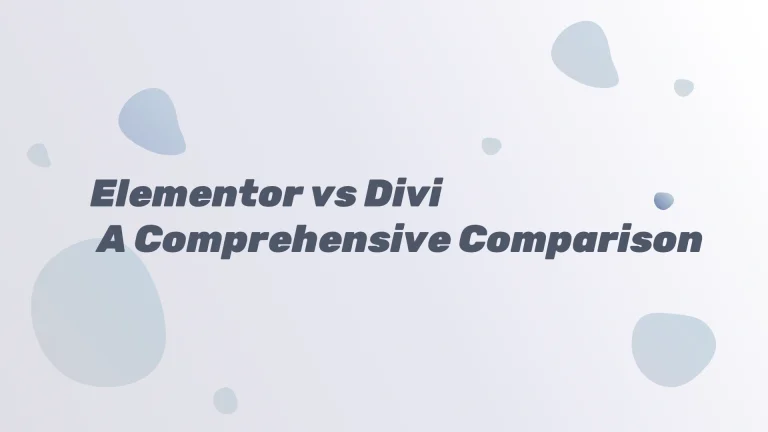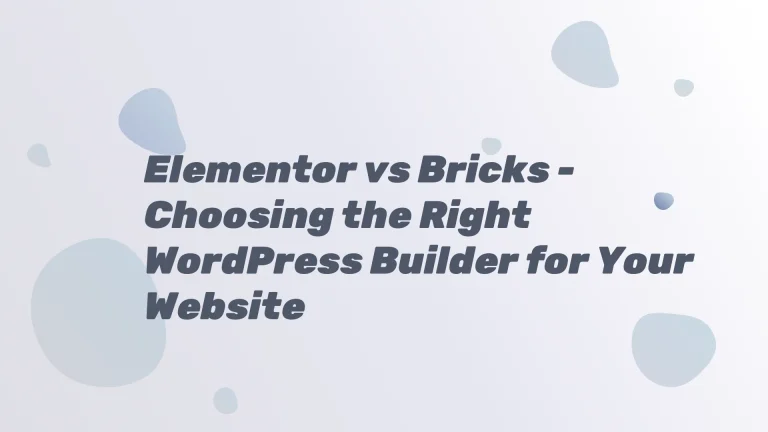In the vast universe of the internet, where content reigns supreme, the ability to organize and categorize information is a fundamental key to success. Enter WordPress tags, the unsung heroes that wield the power to transform your website into a well-organized and easily navigable digital space. In this article, we’ll delve into the realm of tags, exploring their benefits and uncovering the secrets to maximizing their potential.
Tags Decoded:
Before we embark on our journey through the advantages of WordPress tags, let’s decode their essence. Tags are essentially keywords or phrases assigned to a piece of content, acting as digital signposts that guide both users and search engines through the intricate web of information on your site. Unlike categories, tags provide a more granular level of organization, allowing for precise content classification.
Enhanced User Experience:
Imagine navigating a vast library without a proper indexing system – a daunting task, right? Tags serve as the librarian of your website, enabling visitors to effortlessly explore and discover content that aligns with their interests. When users can quickly find relevant information, their overall experience is enhanced, fostering engagement and increasing the likelihood of return visits.
Improved SEO Performance:
Search Engine Optimization (SEO) is the lifeblood of online visibility. Tags play a crucial role in boosting your SEO efforts by providing search engines with additional context about your content. When properly utilized, tags become powerful SEO signals, helping search engines understand the relevance and depth of your content. This, in turn, can lead to higher rankings in search results, driving more organic traffic to your website.
Seamless Content Organization:
Every website is a digital universe with its own constellation of topics. Tags act as celestial markers, allowing you to organize your content into thematic clusters. This not only facilitates a more streamlined content management process but also empowers your audience to explore related topics easily. The result? A cohesive and well-organized website that encourages prolonged user engagement.
Dynamic Cross-Linking:
Tags provide a dynamic way to interconnect your content. When you tag related articles or posts with similar keywords, you create a network of interconnected information. This cross-linking not only enhances the user’s journey through your site but also signals to search engines that your content is comprehensive and interconnected, further boosting your SEO performance.
Tailored Content Discovery:
In a world inundated with information, personalized content discovery is a coveted feature. Tags enable you to create a personalized user experience by guiding your audience toward content that aligns with their interests. This tailored approach not only keeps visitors engaged but also positions your website as a valuable resource catering to individual preferences.
Tag-based Feeds and Archives:
Tags unlock the potential for creating specialized feeds and archives on your website. By clicking on a tag, users can access a curated stream of content specifically related to that topic. This feature not only simplifies content consumption but also provides a structured way for users to explore different facets of your expertise or offerings.
Facilitates Trending Topics:
In the ever-evolving landscape of online trends, staying relevant is paramount. Tags empower you to identify and capitalize on emerging topics by quickly categorizing and promoting content related to trending keywords. This not only keeps your website current but also positions you as a thought leader in your niche.
Social Media Amplification:
In the age of social media dominance, sharing and amplifying your content is essential. Tags seamlessly integrate with social media platforms, allowing for consistent and effective cross-platform promotion. When your content is tagged with popular or relevant keywords, it becomes more discoverable on social media, expanding your reach and driving traffic back to your WordPress site.
Conclusion:
In the dynamic landscape of website management, where every click counts, the strategic utilization of WordPress tags emerges as a powerful tool. From enhancing user experience to boosting SEO performance, from facilitating content discovery to capitalizing on trending topics – the benefits of tags are myriad. As you embark on the journey of optimizing your WordPress site, remember that tags are not just labels; they are the architects of a well-structured and thriving digital ecosystem. Embrace the power of tags, and watch your website elevate to new heights in the vast expanse of the internet.
